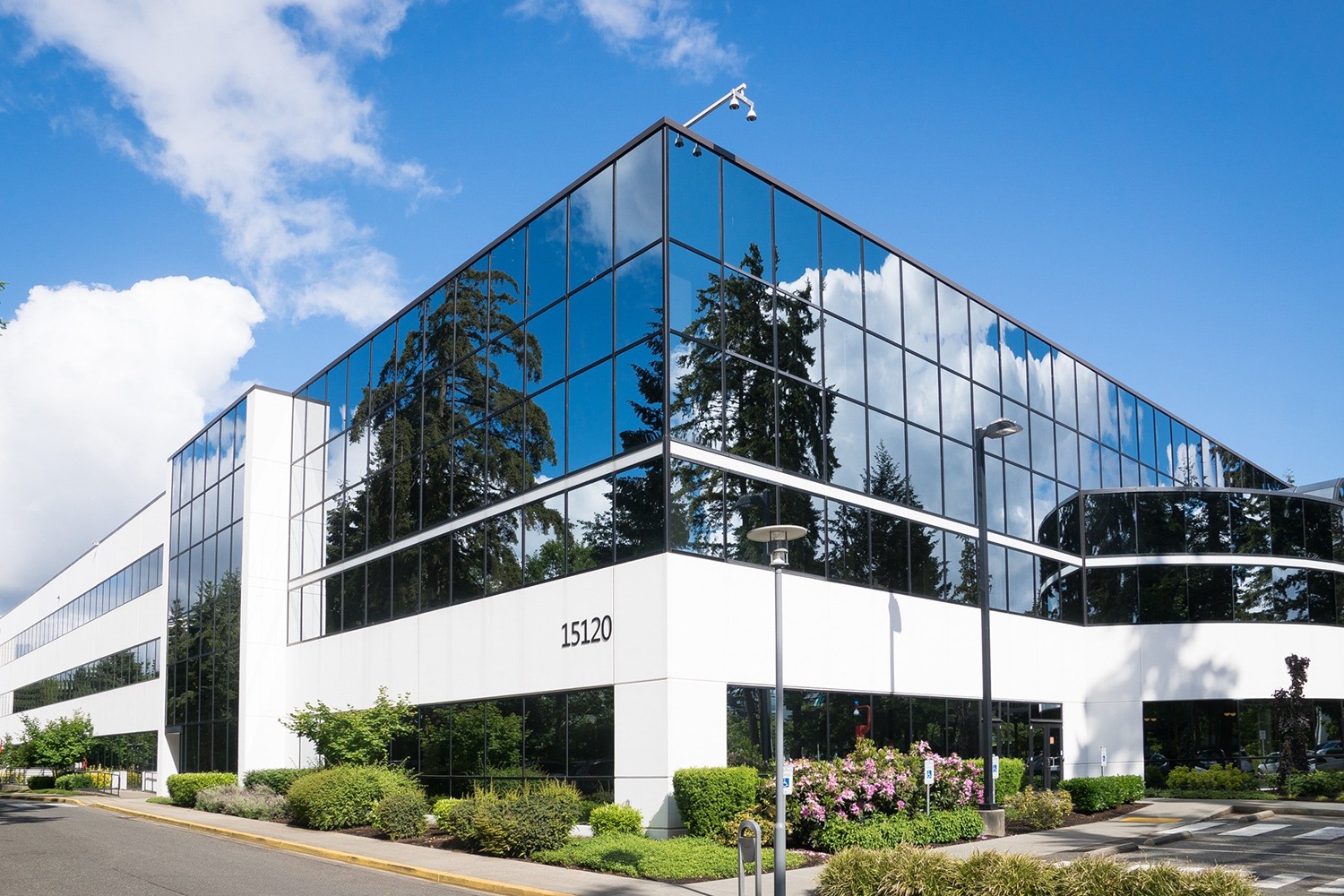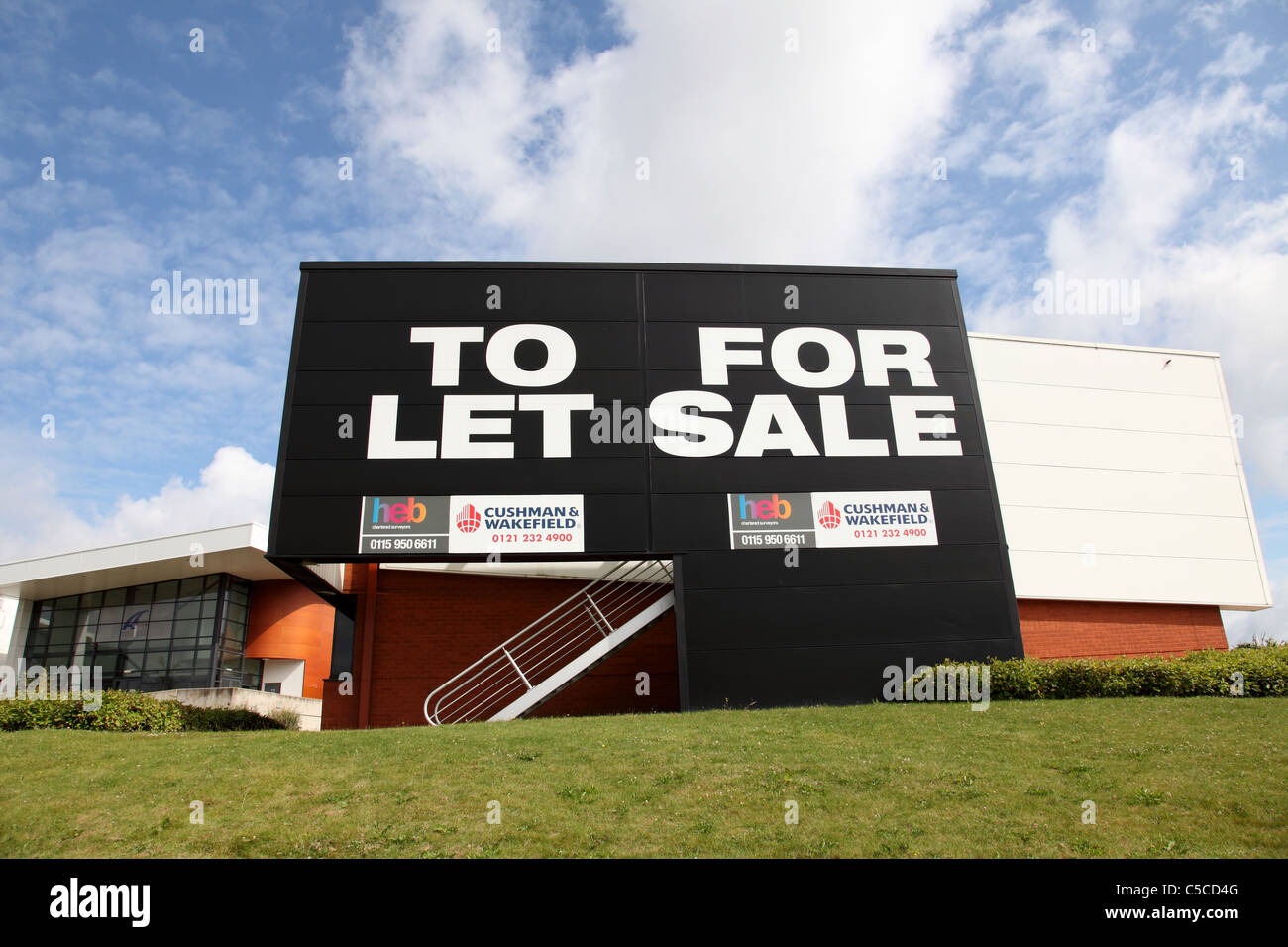Overview

Property
Commercial

Location
Batna, Algeria

Posting date
Apr-06-2025
Office Building

3 Carparks

400 m²

100 m²
Description
Industrial properties play a pivotal role in today's global economy, serving as the backbone of manufacturing, warehousing, and distribution networks. As businesses expand or shift their operational strategies, the demand for industrial facilities—ranging from heavy manufacturing plants to light assembly warehouses—continues to evolve. Consequently, the sale of industrial properties has become an essential process, fostering opportunities for investors, developers, and corporate entities looking to optimize their portfolios or expand into new markets.
One of the most significant advantages of industrial properties is their versatility. Whether a facility is geared toward production, storage, research and development, or a combination of various functions, industrial real estate can accommodate a wide array of activities. This flexibility makes such assets highly attractive in a sales scenario. Buyers can often customize interiors to fit their specific needs, installing specialized equipment, creating designated storage areas, or constructing office spaces for administrative staff. Selling an industrial property with the promise of adaptability is a strong selling point, especially as modern manufacturing and logistics continue to diversify in both scope and technology.
When selling industrial real estate, location remains one of the paramount considerations. Properties situated in established industrial corridors often command premium prices due to proximity to major highways, ports, rail lines, and airports. Such connectivity streamlines the transportation of goods, reducing costs and transit times, while also attracting a larger pool of potential buyers or tenants. Sellers can leverage these advantages by highlighting proximity to critical distribution routes, demonstrating that the property is optimally positioned to support efficient supply chains. In addition, local labor availability, access to public infrastructure, and regional tax incentives further bolster the appeal of a well-located industrial site.
However, location is not the only factor influencing a successful sale. Zoning and legal compliance are crucial aspects that can significantly impact negotiations. Industrial zoning regulations dictate allowable activities on the property and prescribe any environmental safeguards or building codes that must be met. Sellers should be prepared to supply detailed documentation on zoning status, environmental assessments, and any existing permits. This transparency not only expedites the due diligence process but also helps instill buyer confidence. Providing architectural plans, recent inspection reports, or details about renovations and upgrades can give buyers a comprehensive view of the property’s condition and potential.
Another key area that buyers scrutinize when evaluating an industrial property for purchase is the structural integrity and technological capacity of the facility. Buildings that have been maintained consistently and equipped with modern systems—such as advanced fire suppression, HVAC, and energy-efficient lighting—are typically more appealing on the market. Sellers might consider undertaking minor renovations or improvements before listing, as these enhancements often yield a higher return on investment. Upgrading older electrical systems to accommodate high-power machinery or installing energy-saving fixtures can position the property as future-proof, appealing to a broad spectrum of potential buyers keen on operational reliability and sustainability.
Marketing plays a decisive role in maximizing visibility and attracting the right audience of industrial property buyers. Traditional approaches, such as working with local commercial real estate brokers or listing in industry-specific publications, remain valuable avenues. Yet, modern digital tools have significantly broadened the reach of commercial listings. Online platforms and virtual tours allow prospective buyers from across the country—or even around the globe—to explore properties in detail without having to conduct an initial site visit. High-quality photographs, floor plan visualizations, and immersive video tours can offer potential buyers a comprehensive overview of the facility’s layout, condition, and features. By combining these digital resources with professional networking and targeted advertising, sellers can stimulate significant interest in their industrial properties.
While industrial real estate transactions can involve considerable complexity, the overall process can be streamlined by engaging knowledgeable professionals. Real estate agents or brokers specializing in industrial transactions bring valuable expertise to pricing, marketing, and negotiating contract terms. Additionally, collaborating with legal counsel experienced in commercial property sales ensures that contracts, land use regulations, and any applicable environmental laws are properly addressed. A strong team of professionals guides buye
More Options
 New built
New built
Keywords






 Fiat Money
Fiat Money


 Report this Ad
Report this Ad













View Comments
Comments (Seller has received 0 Comments)